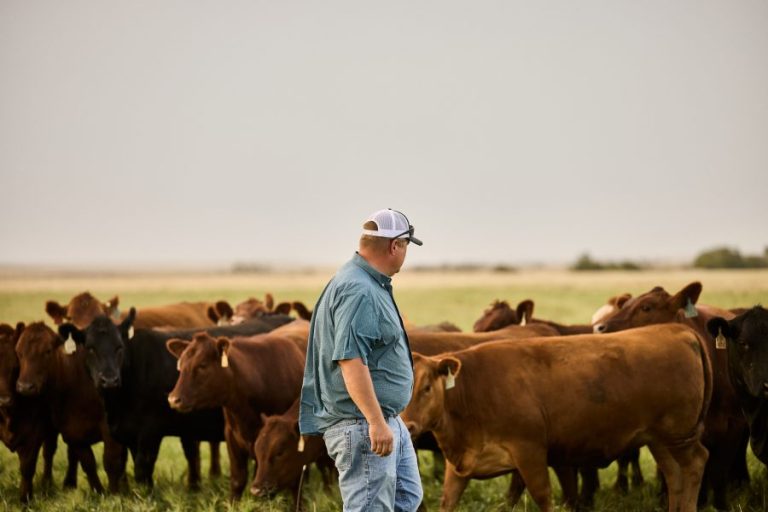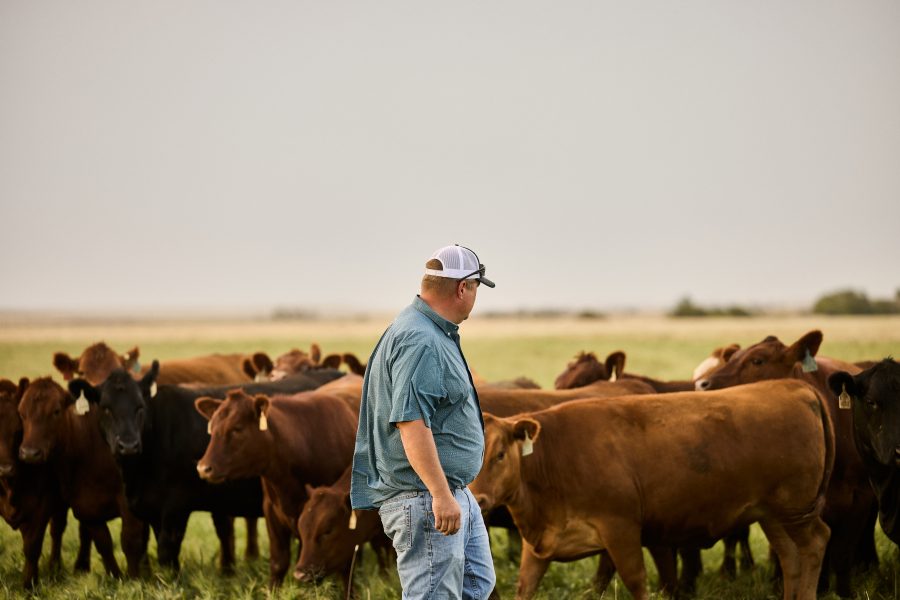WASHINGTON, D.C. – Total postsecondary enrollment at public and private colleges was down 2.7% in the fall of 2021, coming out of the pandemic. However, the second largest major increase at four- year institutions was in agriculture up 7%. National enrollment in ag majors at two-year institutions was up 41 percent. To provide more opportunities for students lawmakers have introduced the Community College Ag Advancement Act, that would dedicate $20 million of farm bill funding to community college training, education and research programs.
Many community colleges already offer training for the agricultural industry workforce, but community college agricultural programs have been excluded from federal funding opportunities. The Community College Agriculture Advancement Act would correct this flaw, ensuring that community colleges can access federal grants to bolster agricultural programs.
“This Farm Bill initiative would support the development of new middle skills workforce programming that is imperative to meeting our world’s growing food needs and sustaining our land and natural resources for future generations,” said Dr. Tracy Kruse, Community College Alliance for Agriculture Advancement (CCAA) Executive Director. CCAA represents community colleges in nine states, including South Dakota, North Dakota, and Nebraska.
The bill would amend the National Agricultural Research, Extension, and Teaching Policy Act of 1977 to allow community colleges to access grant money for agriculture programs. The bill would establish a competitive U.S. Department of Agriculture (USDA) grant program in which the nation’s nearly 1,100 community colleges could apply for money to fund workforce training, education, research, and outreach programs in agriculture.
Specifically, a community college that receives a program grant could use the funding to:
- Successfully compete for funds from federal grants and other sources to carry out educational, research, and outreach activities.
- Disseminate information relating to agriculture, renewable resources, and other relevant communities.
- Encourage collaboration involving community colleges, land grant universities, and other higher education institutions.
- Purchase equipment and other infrastructure.
- Advance the professional growth and development of faculty.
- Develop apprenticeships and other work-based learning opportunities.
“Through their research into cutting-edge precision ag technologies or workforce development programs, community colleges are a vital part of Nebraska’s agricultural economy. Our legislation would ensure community colleges get the federal resources they deserve to expand their successful educational and workforce training initiatives in the community. I look forward to continuing to work with my colleagues on more bipartisan opportunities within this year’s Farm Bill,” said Senator Deb Fischer (R-Neb).
In addition to Senators Fischer and Hickenlooper, the legislation is cosponsored by U.S. Senators Amy Klobuchar (D- Minn.), Todd Young (R-Ind.), Tammy Baldwin (D-Wis.), and Roger Wicker (R-Miss.). U.S. Representatives Trent Kelly (R-Miss.) and Salud Carbajal (D-Calif.) led the introduction of companion legislation in the House.
For full text of the bill, click here. For a summary of the bill’s provisions, click here.












